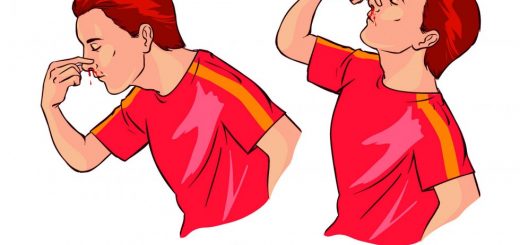Basic First Aid Training Topics
A basic first aid course should cover essential emergency situations and prepare candidates to deliver life-saving first aid. We’ve compiled a list of the most important first aid training topics to cover in a Basic First Aid (BFA) training course. Basic first aid training courses are often shorter courses without the time to cover more advanced first aid training techniques and subject areas.
A basic first aid training course should cover these topics through a mix of theory (classroom) and practical activities. First aid is a practical skill, therefore hands-on practice is essential to learn these basic lifesaving skills.
Do you have a suggested first aid topic to add to our list? Please let us know by leaving a comment at the bottom of this post.
Introductory topics
- Aims of first aid & the role of a first aider
- Incident management
- Communicating with a patient
- Contents of a first aid kit
Lifesaving skills
- Primary survey
- The recovery position / safe airway position
- The chain of survival
- Cardiopulmonary Resuscitation (CPR)
- Using an Automated External Defibrillator (AED)
- Choking
Injuries
- Major hemorrhage (bleeding)
- Recognition and treatment of shock
- Burns & scalds
- Fractures (broken bones)
- Minor injuries
Medical conditions
- Heart attack and angina
- Asthma
- Seizures and Epilepsy
- Diabetic emergencies (low and high blood sugar levels)
Depending on the length of the course, pediatric topics may be included. Important pediatric first aid training topics to include are:
- Pediatric recovery position (baby and child)
- Infant and child CPR modifications
- Choking for children and babies
- Common childhood illnesses
- Asthma





